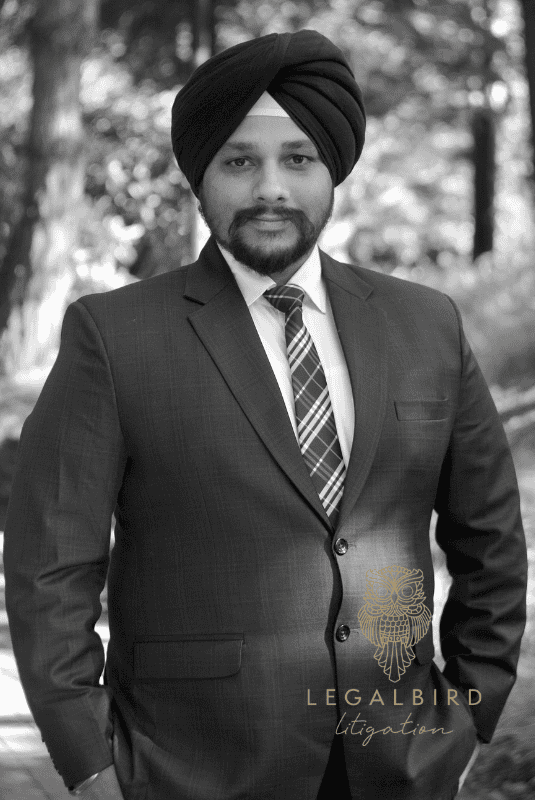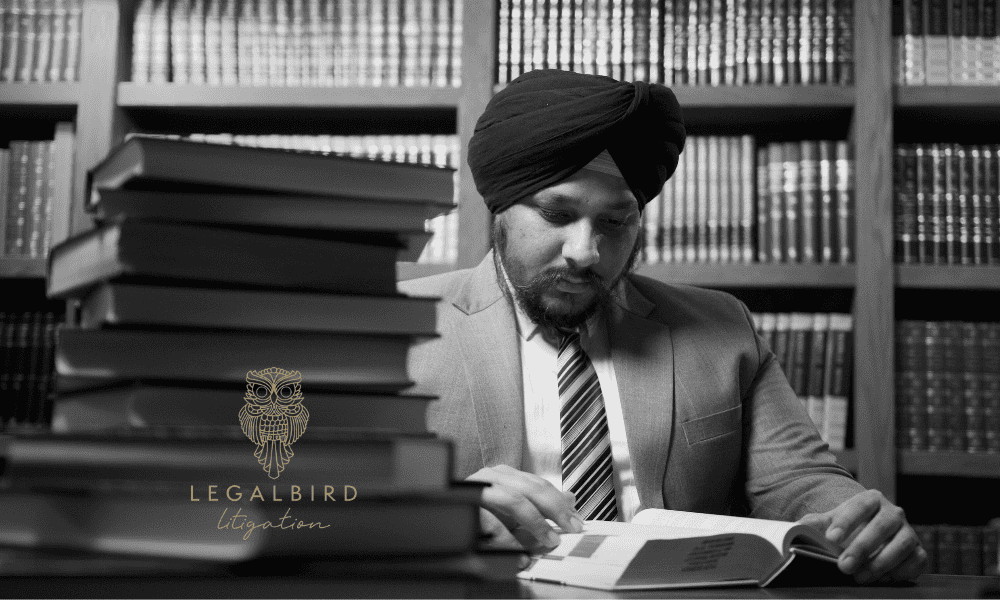
JKP V. LSB, 2025 BCSC B.C.: An Overview
In a significant decision involving overlapping family law and foreclosure litigation, the Supreme Court of British Columbia has ruled in favour of a woman seeking to retain ownership of her home while pursuing claims under the Family Law Act and in civil court.
In J.K.P. v. L.S.B., 2025 BCSC 1494, Justice Milman considered three related legal proceedings between former spouses, ultimately setting aside an order absolute of foreclosure and granting full ownership of two residential properties to the claimant, J.K.P.
This decision reinforces the importance of integrated judicial analysis in real estate disputes that intersect with family breakdown and personal tort claims.
Background: A Complex Intersection of Family, Civil, and Real Estate Proceedings
This case involved three legal proceedings heard together: a family law claim under the Family Law Act (FLA), a civil tort claim for damages, and an appeal of a foreclosure order involving the parties’ former family home. The relationship between J.K.P. and L.S.B. spanned over 26 years and included a history of family conflict, property co-ownership, and financial entanglements.
The real estate at the heart of the dispute included two duplex units located in Vancouver, one of which served as the family residence. These overlapping actions required the court to consider how family dynamics and legal interests in real property can collide, especially when foreclosure proceedings occur in parallel with unresolved matrimonial property division.
Foreclosure Appeal: Why the Court Set Aside the Order Absolute
The court overturned a previous foreclosure ruling that had transferred L.S.B.’s half-interest in the family home to J.K.P.’s brother, S.S.P., who had acquired the mortgage from a third-party lender. Justice Milman found that the associate judge failed to properly apply the legal test for extending a redemption period, particularly in light of the pending division of family property.
The appeal revealed that the foreclosure process had proceeded in a manner that ignored the broader context of family litigation. Notably, the court was concerned that allowing the foreclosure to stand would result in a substantial and unfair financial windfall for S.S.P., who had acquired the debt for far less than the property’s value.
This finding underscored the importance of judicial oversight where foreclosure proceedings intersect with family law and equitable rights.

Findings of Fact: Documented Pattern of Family Violence
Justice Milman accepted extensive evidence of historical family conflict, including multiple incidents of verbal, physical, and emotional harm involving L.S.B. The testimony of the couple’s four adult daughters, a family friend, and J.K.P.’s brother provided a consistent narrative that supported J.K.P.’s account.
Over the course of the 26-year relationship, L.S.B. engaged in repeated abusive conduct, including episodes of domestic assault and controlling behaviour. The court found J.K.P. to be a credible and reliable witness and concluded that L.S.B.’s alcohol use and violent conduct were significant contributors to the breakdown of the relationship.
These findings were central to shaping both the family law and civil outcomes of the case.
Unequal Division of Family Property and Child Support Orders
Applying sections 81 and 95 of the Family Law Act, the court reapportioned the parties’ equity in the properties on an 80/20 basis in favour of J.K.P. The judge considered numerous factors including J.K.P.’s use of excluded property for the original down payment, her primary role in managing household finances and caregiving, and her continued financial contributions post-separation.
The court also noted that L.S.B. had failed to disclose assets and contributed minimally due to his substance use and personal decisions. In addition, the court ordered a lump-sum child support payment of $58,835. This amount included both retroactive and prospective support for the parties’ four daughters, two of whom remained financially dependent while attending post-secondary education.
The use of a lump-sum award reflected concerns about future enforcement and the need to reduce contact between the parties.
Denial of Claim for Future Wedding Expenses
J.K.P. requested $200,000 to cover the projected costs of future weddings for their four daughters. The court declined this request, finding that such expenses do not fall within the enumerated categories of special or extraordinary expenses under section 7 of the Federal Child Support Guidelines. Justice Milman noted that while cultural expectations and family traditions may support the importance of such events, the law limits special expense awards to items such as education, health care, and child care.
As a result, the court found that wedding costs, while meaningful. are not legally recoverable from a support-paying parent.
Protection Order Granted Against the Abusive Spouse
The court granted a permanent protection order prohibiting L.S.B. from contacting J.K.P. or their daughters or coming within 500 metres of the family home. The judge relied on section 184 of the Family Law Act, which requires consideration of factors such as a history of violence, coercive control, and the safety perceptions of the affected individuals.
The court found that the risk of future harm remained high given L.S.B.’s history of relapses and noncompliance with previous court orders. An exception was made to allow contact with one of the daughters if she chose to initiate it, reflecting the court’s sensitivity to family autonomy while ensuring protection.
Civil Damages: Assault, PTSD, and Punitive Award
In addition to family law remedies, the court awarded $185,000 in general and aggravated damages for assault and battery. These damages were based on expert medical evidence that J.K.P. had developed post-traumatic stress disorder (PTSD) as a result of the years of abuse.
The court accepted the psychiatric diagnosis and emphasised the lasting impact of the violence. Justice Milman also awarded $17,849 in punitive damages, offsetting this amount against what J.K.P. would have otherwise paid to acquire L.S.B.’s interest in the properties.
This award served both a compensatory and deterrent function, signalling that civil courts will impose meaningful consequences in cases involving prolonged intimate partner violence.
Reimbursement to the Minister of Health
The court granted a $779.75 order in favour of the B.C. Minister of Health under the Health Care Costs Recovery Act. This amount represented public healthcare expenses related to medical treatment that J.K.P. required as a result of L.S.B.’s abusive conduct. The reimbursement serves as a reminder that the provincial government has a legal right to recoup healthcare costs when harm is caused by another party’s tortious actions.
Implications for Family and Real Estate Law in British Columbia
This ruling illustrates the Supreme Court of British Columbia’s willingness to examine overlapping legal issues holistically. By setting aside the foreclosure and awarding full ownership through an integrated remedy, the court prevented procedural outcomes from undermining equitable justice. It confirms that real estate litigation and family law claims must not be viewed in isolation when they arise from the same factual circumstances.
The case also demonstrates how civil damages can play a vital role in holding individuals accountable for harmful conduct within intimate relationships, while also ensuring fair resolution of property disputes.
Conclusion
The decision in J.K.P. v. L.S.B. demonstrates how foreclosure litigation and family law proceedings can become deeply intertwined when real estate is co-owned and the relationship has broken down under difficult circumstances. The court’s approach reinforces the importance of viewing such matters through both a legal and human lens.
If you are involved in a family or real estate dispute in British Columbia, Legalbird offers free 30-minute case evaluations, with offices conveniently located in Delta and Abbotsford.




